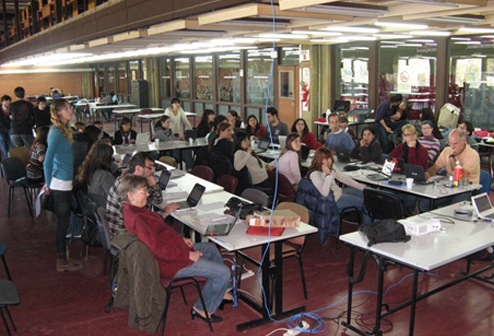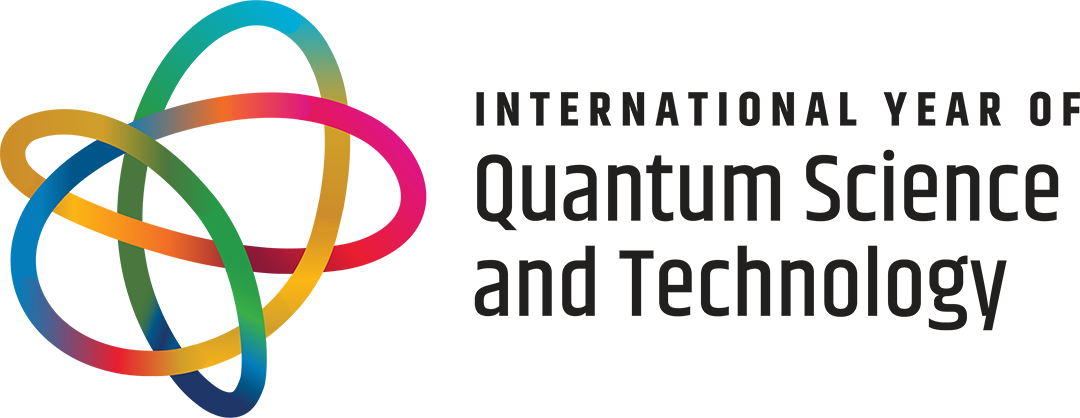The IUPAP recognized the need to contribute to the improvement of physics education at all levels a long time ago. It was in 1960 that it created the Commission on Physics Education to promote the exchange of information and views among the members of the international scientific community in Physics Education.
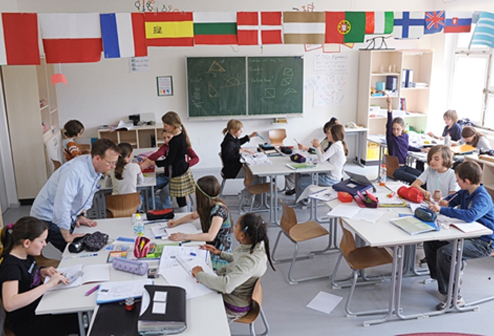
The need to share experiences and resources has become more evident than ever in 2020, during the COVID19 pandemic, which forced an abrupt transformation of the learning/teaching process shifting it to distance learning.
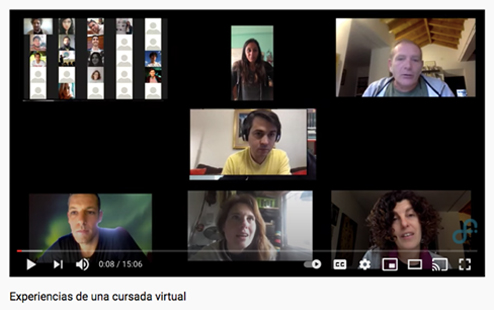
Science is fun. It is necessary to improve science education at schools to change the frequent perception that STEM subjects are difficult or boring. Pervasive stereotypes, on the other hand, induce many students to think that those areas are “not for them”. This attitude is most common among members of groups that are under-represented in the scientific community like women or minorities. Getting kids interested in science from an early age will increase society’s scientific literacy and attract more students into STEM fields. Advancing in these two aspects will certainly help address many of the current challenges of humanity. Members of the physics community can contribute with the actualization and permanent training of schoolteachers.
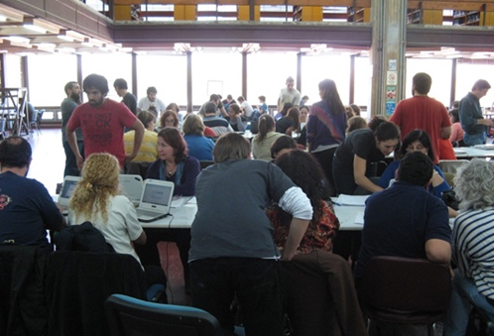
Science education also needs a permanent renovation at college and university level. The IUPAP Commission on Physics Education addresses all these issues by sharing experiences across the world. In particular, it is planning to create a repository of open (non-commercial) virtual/remote laboratory resources to make it available for all.
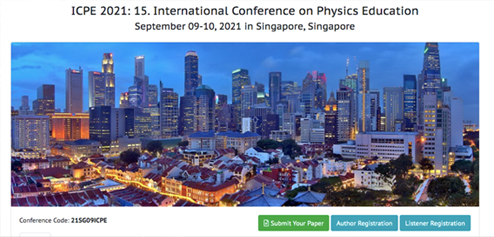
The IUPAP is committed to taking actions so that access to education, resources, and advancement is available for all without discrimination. In particular, it will continue to support the organization of physics schools and of workshops and conferences on physics education, particularly in developing countries. It also expects to organize a variety of activities within the framework of the International Year of Basic Sciences for Sustainable Development such as collaborative projects among students of different countries and/or science fairs and contests for students of all ages. In doing so, it will challenge stereotypes about science and scientists and contribute to a more inclusive and diverse practice of this fascinating endeavor.
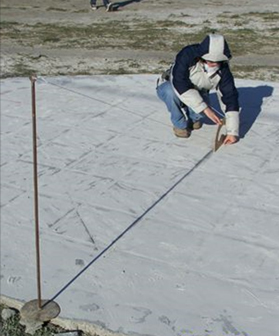
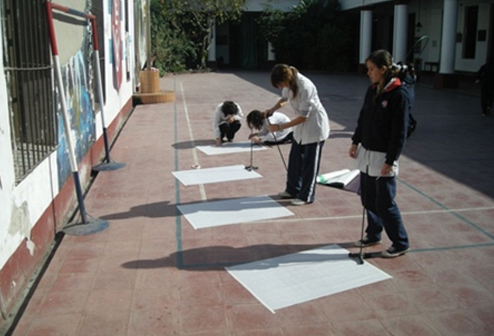
- PhysPort: Portal of the American Association of Physics Teachers. It supports physics faculty in implementing research-based teaching practices in their classrooms.
- IOPSpark: Portal of the UK Institute of Physics giving unlimited Access to Over 2,000 Physics Teaching Resources
- PhET: Free interactive simulations project of the University of Colorado@Boulder with over 150 simulations of math and science that can be translated into your own language.
- Phyphox: using a smarphone as a mobile lab.
